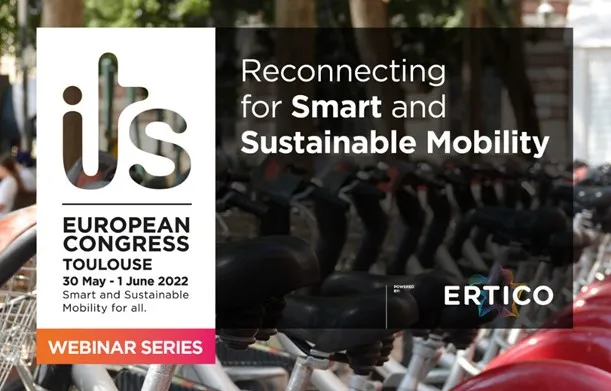
The Immense urban mobility programme has launched in Spain and Germany.
Run by Abertis Mobility Services (AMS) and EIT Urban Mobility - an initiative of the European Union's European Institute of Innovation and Technology (EIT) - the project puts in place a satellite-based payment simulation with back-office management and an app.
The demand-management concept will be tested by drivers over two months in the Esplugues de Llobregat area of Barcelona, and in Munich.
The platform is designed to manage urban traffic demand through dynamic pricing, with drivers informed about how much they will pay defined by a fixed tariff to access a low-emission zone, with a variable tariff according to distance travelled and the level of congestion at the time of access.
AMS has carried out similar road usage charging programmes in the states of Washington, Oregon, Utah and Virginia in the US through its subsidiary Emovis.
A consortium led by Carnet and in collaboration with Cima Engineering & Environmental, Universtat Politècnica de Catalunya BarcelonaTech (UPC), the City Council of Esplugues de Llobregat and the City Council of Munich is in charge of the project.
Christian Barrientos, CEO of AMS, said: “We believe that all mobility agents and actors should promote a paradigm shift in urban traffic management, implementing traffic demand management schemes, to improve air quality, reduce the use of private vehicles entering the city centre."
He adds that Immense "will open the door for many European cities to improve their own infrastructure and traffic management options and, more importantly, have a huge positive impact on the lives of their communities".
Maria Tsavachidis, CEO of EIT Urban Mobility, says: "Changes to the transportation system have a direct impact on citizens, businesses, and communities. Therefore, citizen participation and awareness during testing are key to ensuring acceptance and a wider scale of these solutions."










